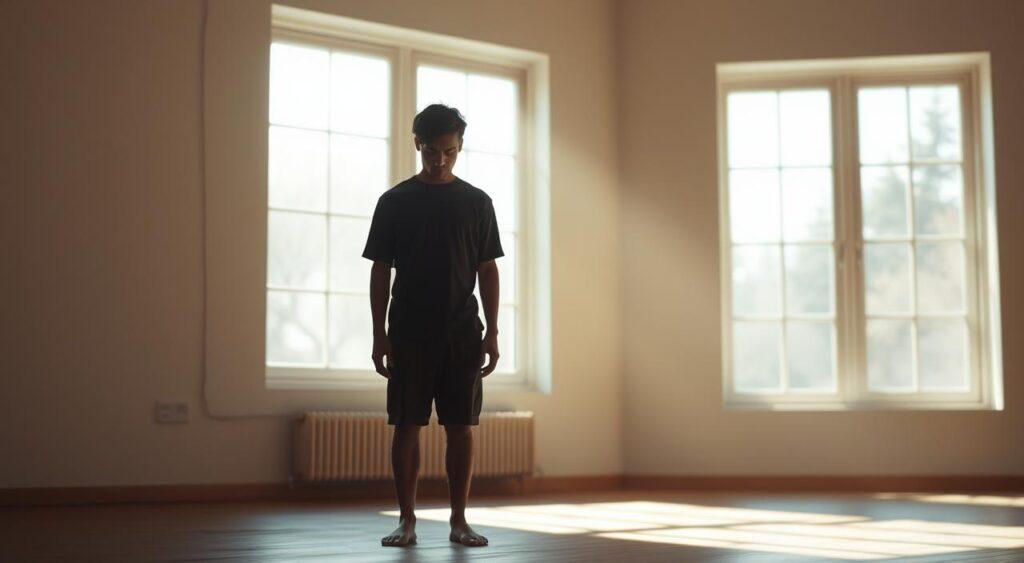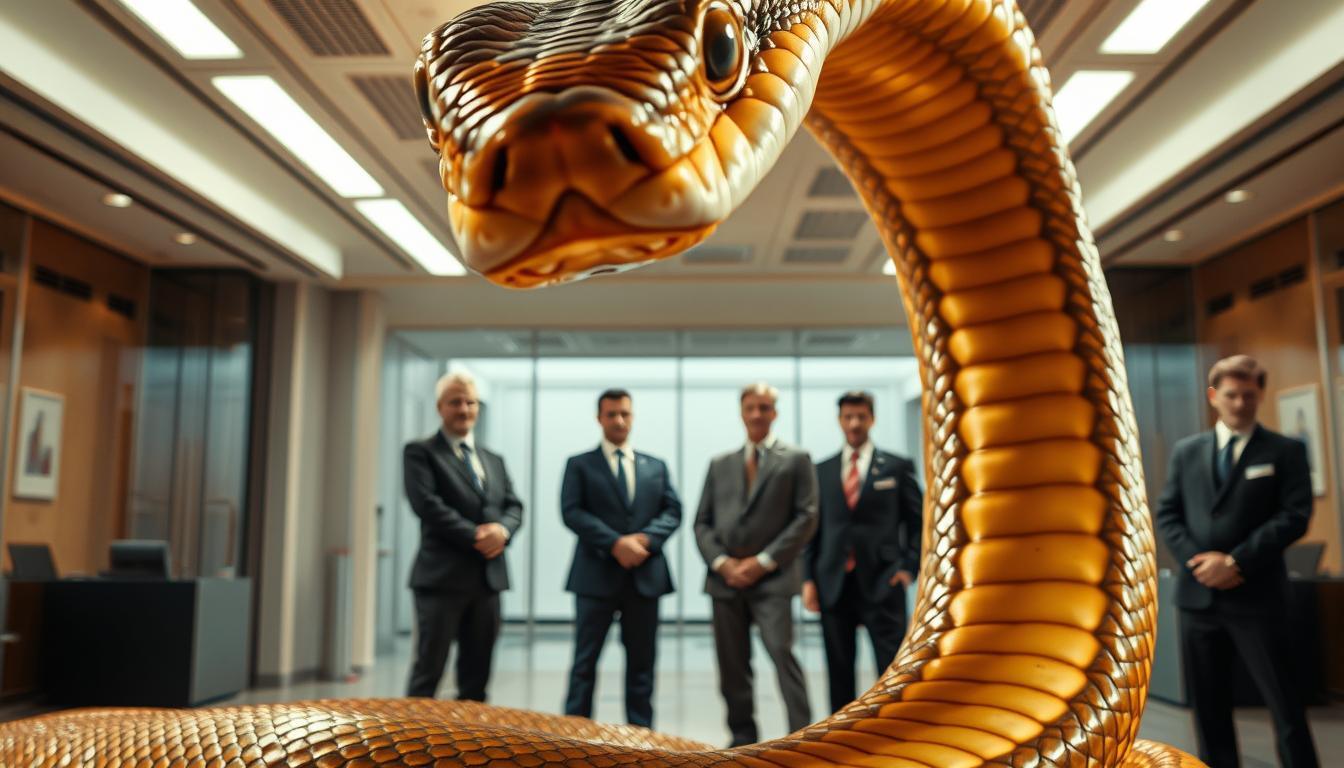Ever wondered why some people think they’re better drivers than everyone else, even when they’re not? The dunning-kruger effect explains this: it’s when people with limited skills think they’re better because they don’t see their own flaws1.
This isn’t just about being arrogant. It’s a gap between what you know and what you think you know.
Key Takeaways
- 93% of Americans believe they’re better drivers than average—despite studies showing most can’t be right1.
- Teachers aren’t immune either: 90% rate themselves above peers, even when test scores say differently1.
- Low-scoring students overestimated their test results by 20 points, while top performers underestimated theirs by 151.
- It’s not just about ego: the effect appears in humor, logic, and grammar tests, showing it’s a universal cognitive pattern2.
- Even experts admit it: “A little knowledge is a dangerous thing” sums up why beginners often think they know more than they do2.
Think you’re smarter than others? You might be falling for this bias. Let’s explore why this psychology phenomenon matters. It affects your decisions, relationships, and growth.
The dunning-kruger effect isn’t just a theory; it’s a way to understand why we all sometimes get it wrong1.
Understanding the Dunning-Kruger Effect
The Dunning-Kruger Effect is about overconfidence bias and wrong self-perception. People with little skill often think they’re better than they are. This is because they don’t know what they don’t know3.
This leads to a cycle where bad performance is ignored.
Definition and Overview
Studies show that those with the least skills often think they’ve done the best. For example, students in the bottom 25% thought they scored 50% higher than they really did3.
On the other hand, the best performers often thought they did worse than they actually did. This shows how not knowing about ourselves can mess up how we see ourselves4.
- Low-skilled people in grammar, logic, and humor tests scored at the 12th percentile but thought they were at the 62nd percentile3.
- Medical students who failed CPR training: 33 out of 36 didn’t think they made mistakes5.
- Only 10-15% of people truly know their own limits4.
Origins of the Concept
David Dunning and Justin Kruger first explored this in 1999 at Cornell University. They tested 65 students and found they all overestimated their abilities5. Later, studies showed that 33% of Americans thought they knew more about medicine than doctors5.
Even CPR training failures showed how being too sure can be dangerous5.
These studies show how our blind spots affect our choices. It’s not just about being stupid. It’s a common problem that affects everyone, from school to work3.
The Psychological Basis of the Effect
Understanding the hard-easy effect shows why some people think they’re better than they are. They ignore what they don’t know because they don’t see their own limits6. Beginners might feel too sure of themselves after small wins.
Yet, experts doubt their abilities, even when they’ve done well7.
Confidence vs. Competence
Studies reveal a clear trend: the least skilled groups think they’re 25% better at logic and grammar than they really are6.
On the other hand, the most skilled groups think they’re not as good as they are because they see how much more they can learn6. This cycle stops growth when you think too much of yourself and helps you grow when you’re humble.
Cognitive Bias and Self-Assessment
Flaws in how we think about our thinking make it hard to see our weaknesses. Without real skill, we can’t tell how good we really are6. For instance:
- Science students thought they knew viruses 30% better than they did, and so did some experts who didn’t realize how little they knew about complex topics7.
- Easy tasks make us feel more confident, but hard tasks make us doubt ourselves7.
This shows why we need feedback to assess ourselves correctly. Without it, we keep thinking we know more than we do, like saying “I know enough” without really knowing6.
Learning to think about our thinking, or metacognition, helps us see the truth about our abilities.
Real-Life Examples of the Dunning-Kruger Effect
Ever met someone who thinks they’re an expert after watching a YouTube video? The dunning-kruger effect is common. It shows up when people with knowledge gaps feel too confident.
For example, someone might try to fix plumbing and end up flooding the kitchen8.
Everyday Situations
At holiday dinners, relatives might argue about politics or science without knowing much. Research shows those who know less often think they know more9. Online forums and social media make this worse, spreading misinformation.
Even simple tasks like cooking or driving can be dangerous if you’re too confident10.
- DIY projects gone wrong (e.g., incompetence in home repairs)
- Overconfident political debates lacking facts (source)
- Ignoring safety warnings due to knowledge gap in risk assessment8
Examples in the Workplace
Offices aren’t safe from this issue either. New employees might promise more than they can do, and managers might ignore feedback. It’s like a “volunteer” syndrome, where people take on too much10.
Research shows that those who do poorly on tests often think they’re in the top 60%10.
“The double burden means ignorance prevents both success and self-awareness,” explains researchers David Dunning9.
- Job candidates exaggerating skills on resumes
- Leaders ignoring knowledge gaps when assigning critical tasks
- Teams failing to spot errors due to groupthink fueled by overconfidence
Being humble is the first step. Ask yourself: “Do my skills match my confidence?” This question can help you see where you need to improve8.
The Impact on Personal Development
Personal growth depends on knowing your true abilities. But the Dunning-Kruger effect often gets in the way. This psychology phenomenon makes people with little skill think they’re experts. At the same time, true experts doubt themselves11.
Let’s look at how this affects your path to getting better.
Recognizing Your Limitations
Starting a new skill, like playing guitar, can be exciting. But beginners often think they’re almost experts after just a week.
This overestimation comes from not knowing what true mastery is12. Here’s how to fight it:
- Ask for feedback often to find areas you’re missing11.
- Keep track of your progress with journals or skill tests.
- See mistakes as chances to learn, not as failures.

How It Affects Learning
Being too confident can stop you from growing. Novices often give up when reality doesn’t match their high self-views12. Experts might also hold back, doubting their own knowledge11. To change this, try:
- Finding mentors who question your views.
- Getting self-awareness through 360-degree reviews11.
- Learning about the focusing effect to avoid focusing too much on one flaw.
“The wisest learners are those who know how much they don’t know.” – Cognitive psychology research
By recognizing what you don’t know, you turn this bias into a guide for growth. Small steps like daily reflection or skill-based courses can help you see your abilities more clearly. This fuels lasting growth.
Avoiding the Dunning-Kruger Trap
First, understand how cognitive bias affects your self-assessment. Building self-awareness helps bridge the gap between what you think you know and reality. Here are practical steps to overcome overconfidence and grow.
Once you gain greater knowledge of a topic, you’ll likely recognize how much more there is to learn. Source
Start with these habits to spot blind spots:
- Pause before declaring expertise. Ask, “What evidence supports my confidence?”
- Journal weekly to track overestimations. Studies show those who reflect reduce bias by 40%13.
- Ask mentors: “Where am I missing critical details?”
External input sharpens clarity:
- Request direct feedback using questions like, “What’s one area I need to improve?”
- Accept criticism as data, not a flaw. Over 60% of professionals resist feedback, worsening their bias13.
- Learn from experts. Top performers often underestimate their skills, yet their humility drives continuous growth14.
Adopting these steps turns self-deception into self-improvement. Your journey starts with curiosity, not certainty.
The Role of Humility in Success
Humility isn’t about doubting your skills—it’s about seeing reality clearly. When experts underestimate their abilities, they stay open to learning. Overconfidence bias traps many in stagnation, but humility fuels growth.
Research shows teams with humble members create 35% more creative solutions than others15. Let’s explore how this mindset drives success.
Why does humility matter? Experts often downplay their skills because they see how much more there is to learn. Studies reveal people with intellectual humility boost learning efforts by 25%15.
This contrasts with those suffering incompetence blind spots—their overconfidence blocks progress. A survey found 70% of professionals agree admitting gaps improves teamwork16.
- Humility helps spot knowledge gaps before they cause failures
- Openness to feedback reduces overestimating one’s skills
“Arrogance is ignorance plus conviction.” — Tim Urban16

Carol Dweck’s growth mindset builds on this. Viewing challenges as chances to learn helps you adapt. Leaders who embrace mistakes cut defensive reactions by 50%15. Start by:
- Seeking feedback without defensiveness
- Reframing “I don’t know” as an invitation to learn
Teams using this approach improve problem-solving and decision-making. As mental models like Dunning-Kruger show, honest self-perception unlocks your full capacity. Stay curious—your next breakthrough starts with admitting what you don’t yet understand.
Overcoming the Dunning-Kruger Effect
The Dunning-Kruger effect makes you think you’re better than you are. But, you can change this. Continuous learning and honest self-assessment help you grow instead of staying stuck.
Embracing Continuous Learning
Training can help you see your true abilities. Studies show that people who don’t do well at first learn to be more realistic after training17. Even experts, like pilots, can be too confident and make mistakes after a certain number of hours18.
Start by being humble. Beginners are less likely to overestimate because they know they don’t know everything18. Companies like Neurofied work with big names like Johnson & Johnson to teach these important skills19.
- Take courses to uncover skill gaps.
- Track progress through mentorship or peer reviews.
Benefits of a Realistic Self-Assessment
Being realistic about yourself can improve your decisions and mental health. Top performers often don’t think they’re as good as they are, which helps them get better19.
When you know your limits, you can set goals that are within reach and avoid taking too many risks. Studies show that being honest with yourself can reduce mistakes in surgery and leadership18.
Self-awareness isn’t about doubting yourself—it’s about knowing yourself clearly. By recognizing your limits, you open up opportunities for growth. As psychologists say, “misbelief” disappears when you seek the truth17.
Applying the Dunning-Kruger Effect in Your Life
Understanding cognitive bias and overconfidence bias can lead to better choices and stronger bonds. Research found 90% of people thought they knew fake terms, showing they overestimated their knowledge20.
This shows how self-perception gaps affect our daily decisions.
Enhancing Your Decision-Making
When faced with big choices, challenge your assumptions. People who did worst on tests thought they did better21.
To fight this, seek out different views and check facts. Experts sometimes underestimate their abilities20, so mix confidence with humility to avoid mistakes.
Improving Your Interpersonal Skills
Overconfidence bias can hurt relationships. Women did as well as men on science quizzes but doubted themselves20.
Listen more and show empathy when others overstate or underplay their abilities. Talking openly about goals can help align expectations and prevent misunderstandings.
Knowing about cognitive bias doesn’t make it go away, but it gives you tools to improve and grow.


